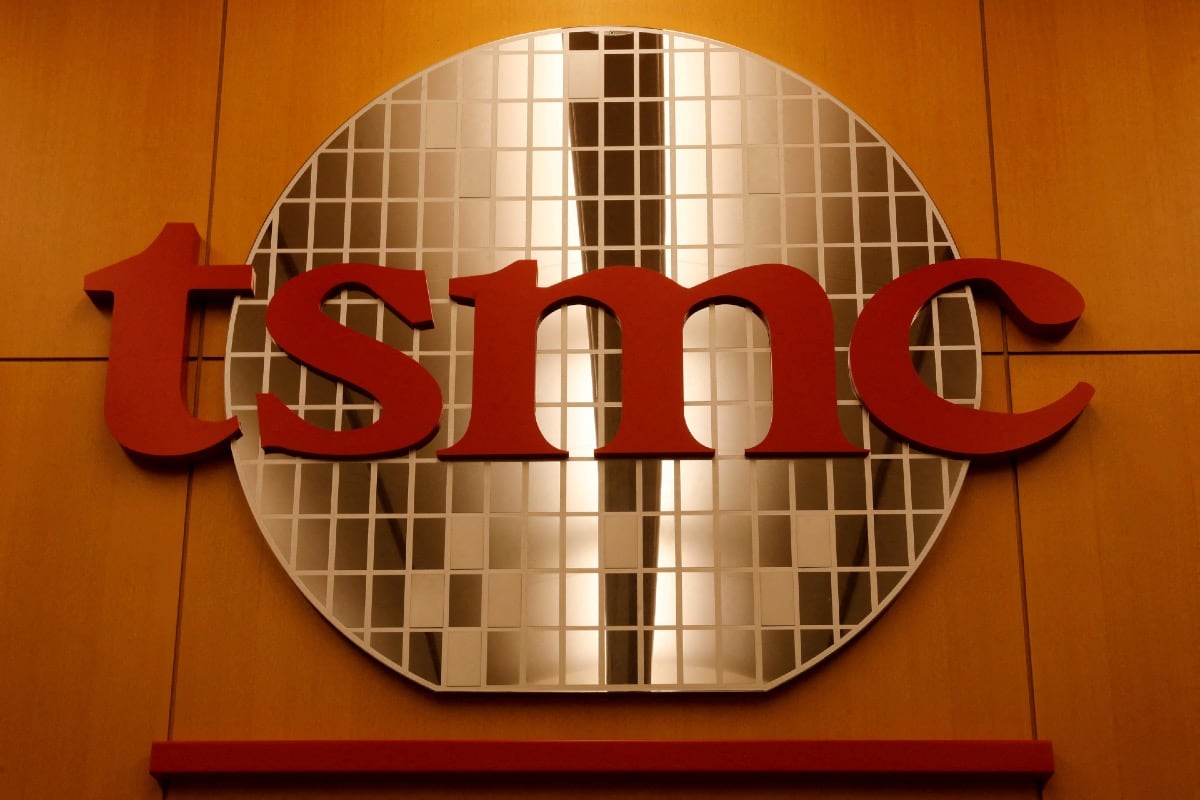Taiwan Semiconductor Manufacturing Co. is planning more plants in Europe with a focus on the market for Artificial Intelligence (AI) chips, according to a senior Taiwanese official, as the chipmaker expands its global footprint.
“They have started construction of the first fab in Dresden, they are already planning the next few fabs in the future for different market sectors as well,” Taiwan’s National Science and Technology Council Minister Wu Cheng-wen told Bloomberg TV in an interview aired on Monday.
Wu did not specify a timeline for the Taiwanese chipmaker’s further expansion in Europe. TSMC said in an emailed statement it remains focused on its current global expansion projects and has no new investment plans at this time.
TSMC, which is the world’s biggest chipmaker and produces most of its semiconductors in Taiwan, is spending tens of billions of dollars to set up new sites in the US, Japan and Germany, partly to hedge against rising geopolitical tensions with China.
It broke ground in August on a EUR 10 billion ($10.9 billion roughly Rs. 91,789 crore) chip fabrication plant in Germany’s Dresden for what will be its first factory in the European Union. About half of the funding for that project will be covered by state subsidies, with production slated to start by the end of 2027.
Wu said the AI market, including chips for US-based Nvidia Corp. and Advanced Micro Devices Inc., will be the most important segment, while other semiconductor companies with alternative designs may also offer opportunities for TSMC.
“Maybe they can work on the European market as well, so TSMC is looking for that for planning their next few fabs,” he said, adding that the company will need to evaluate whether to expand in Dresden or build in other parts of the EU.
While established European chipmakers including NXP Semiconductors NV and Infineon Technologies AG are focused mostly on mature technologies for the industrial and automotive sectors, a number of next-generation chip designers have emerged in Europe, including Germany’s Black Semiconductor and Axelera AI in the Netherlands.
TSMC’s overseas factories are also creating opportunities for countries and cities nearby to secure investments from its suppliers. For the Dresden site, the Czech Republic appears to poised emerge as a winner as Prague and Taipei have deepened their relations in recent years.
The Taiwanese government is considering support for TSMC suppliers to invest in a Czech location that is close to Dresden, according to Wu. He said he is also seeking to facilitate joint research and development programs for academics in Taiwan and the Czech Republic.
Prague has official diplomatic relations with Beijing, but it has been forging closer trade and informal ties with Taipei. Several senior Taiwanese officials, including Wu, have traveled to the Czech Republic over the past year. Former Taiwanese President Tsai Ing-wen is also visiting the country as the first stop of her European trip.
Separately, Wu said he expects Taiwanese chip firms to face further pressure to expand in the US regardless of the outcome of the presidential election in November. TSMC has so far pledged more than $65 billion to create three plants in Arizona.
“Short term, maybe it’s painful for Taiwanese companies because it’s more expensive if they move over there,” he said. “But in the long run, maybe it’s good for them, from my point of view, because they can improve themselves.”
© 2024 Bloomberg L.P.








